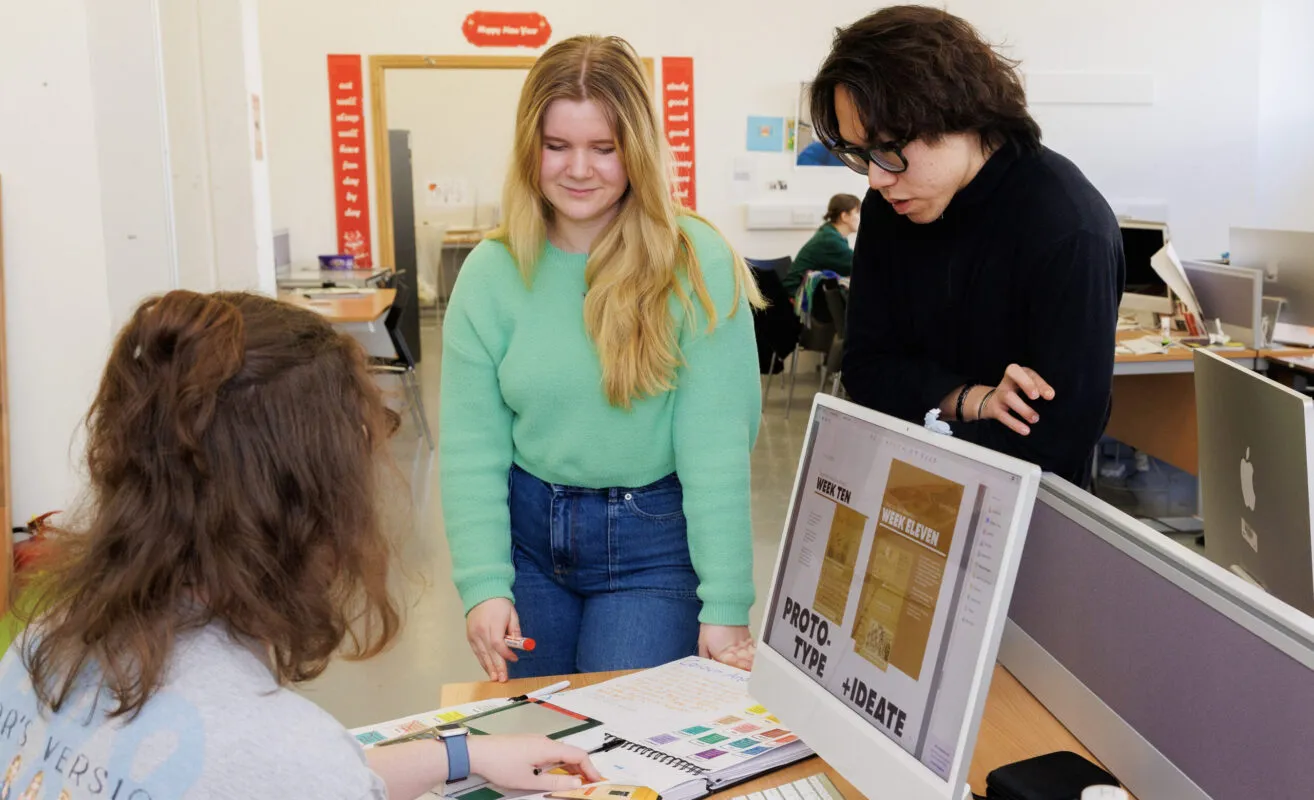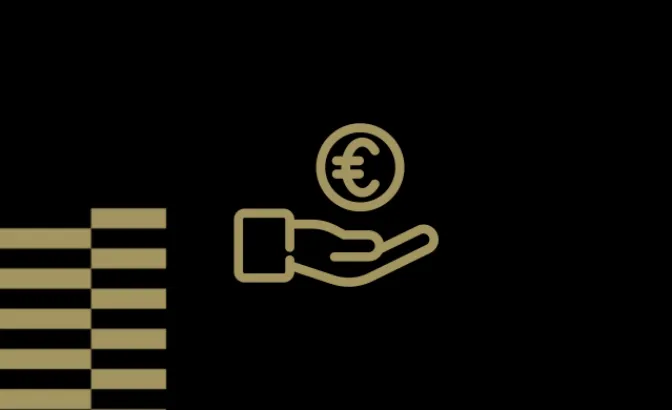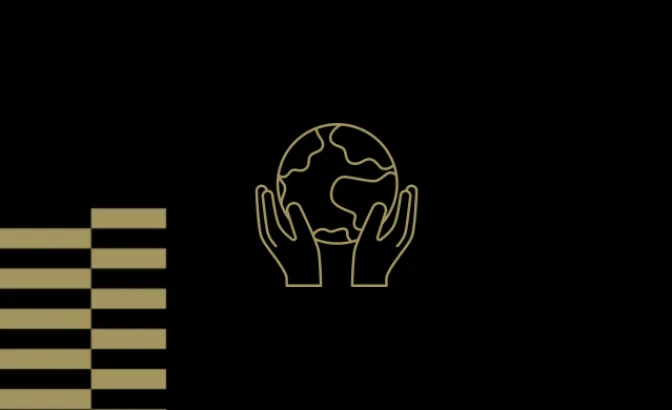Entry Requirements
Applications will be accepted from primary Level 8 degree holders in the following areas: creative arts, engineering, graphic design, product design or digital marketing areas with a minimum award of Second Class Honours Grade 2. Other subject areas will be reviewed on a case-by-case basis.
If the primary degree is not in these areas a portfolio presentation would be required for assessment, which will be through the Portfolio Portal.
Graduates who hold equivalent qualifications or relevant professional/experiential knowledge in related disciplines or who have relevant industrial experience will be considered for places on a case-by-case basis in line with TUS RPL Policy.




